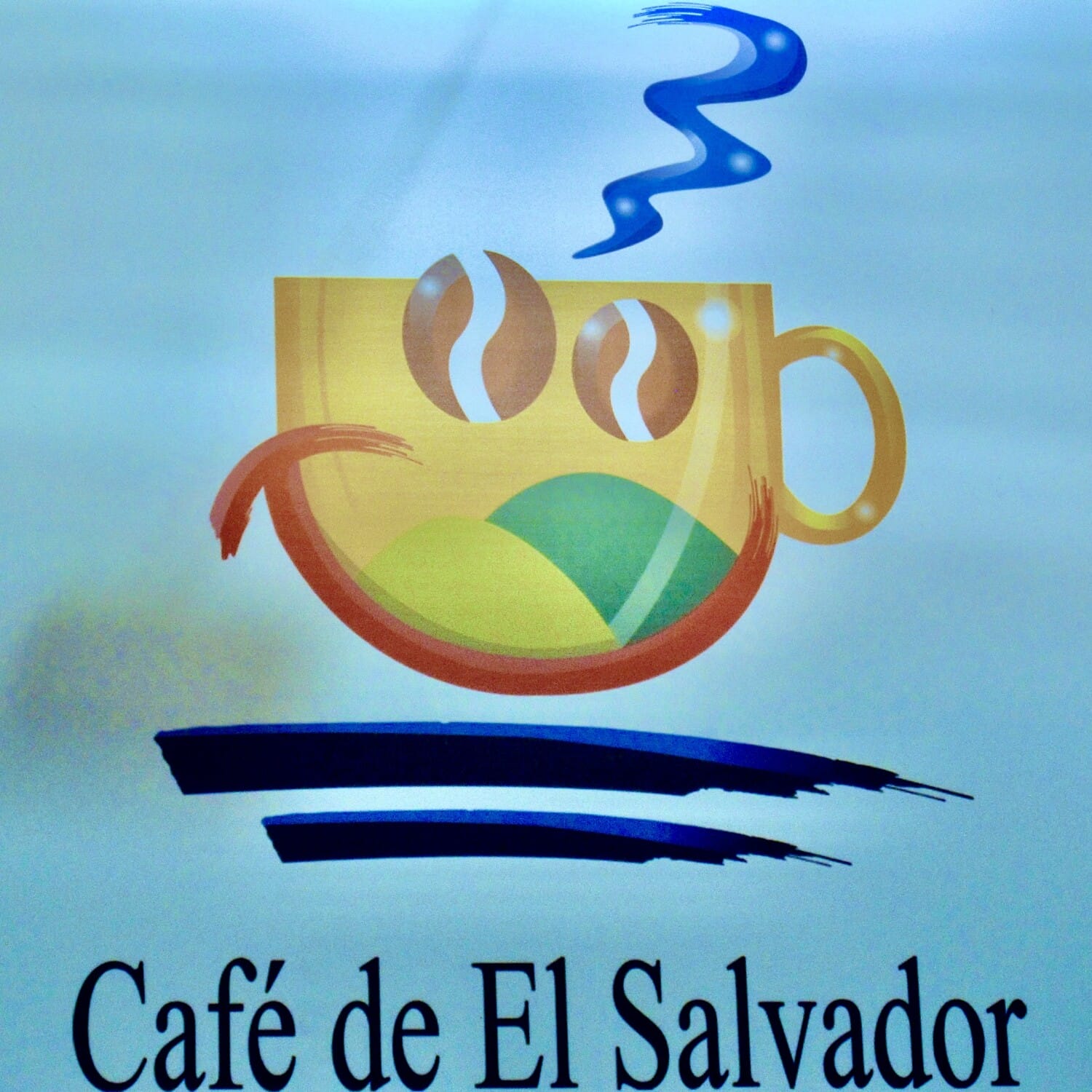Last month’s Specialty Coffee Association of America conference drew the top coffee talent in the U.S., but didn’t stop there, as the mega-event magnetized the globe. Representatives from every coffee producing nation were on the showroom floor at the Anaheim Convention Center, and many pros were happy to discuss their nation’s caffeinated contributions. By no means will this offer you a full picture of a country’s coffee culture, but it is information from the source.
EL SALVADOR
I interviewed Rodrigo Giammattei, El Salvador’s Taza de Excelencia Coordinator. He coordinates the Cup of Excellence, serves as the brand manager, and produces the barista competition. Giammattei also heads the coffee school.
Josh Lurie: What are the biggest challenges facing El Salvador’s coffee industry?
Rodrigo Giammattei: The biggest challenge is going to microlots. That’s important to us because it depends on the quality to determine the price. We are trying to get the growers to go to espresso and single origin coffee, since coffees taste good on their own. Usually, in the ’80s and ’90s, we decreased the quality but increased, but now, the coffee market is getting better and better and better. The challenge is that we producing less, but we are trying to sell better prices, and we are making programs like Cup of Excellence and World Barista Championship, having exposure our coffees. We’re the keepers our ancestral varieties. Bourbon, Pacas, Pacamara. That’s our goal, to be the unique keeper of the variety of Bourbon.
JL: What are some unique characteristics or flavors of El Salvador coffee?
RG: Some common flavors, the coffee’s really sweet, you have medium to high acidity, but the flavor’s really balanced. That’s our goal. You can use it as single-origin espresso, or single brew. Sweet, clean, chocolate flavor, that’s our goal, but always have the finest coffee.
JL: What are the growing conditions?
RG: All our coffees are shade grown. All the coffees are fully washed.
JL: What about the elevation?
RG: G is between 1200 meters to the top, which might be 1600. HG is from 1200 meters to 800. Below that is CS, Central Standard, but we are not expecting that much Central Standard anymore, because that coffee doesn’t have much acidity, that much quality.
JL: What distinguishes El Salvador coffee from other Central American countries?
RG: Varieties, flavors, and the process. It’s really handmade, but the main part is that you can have the same coffee next year. You can have African coffees with really good taste, but you can’t get it out of the country as easy as El Salvador. We have trade with the USA. Now we are trading with Europe, and we are trading with Japan. We are expanding.
JL: What’s the future of El Salvador coffee?
RG: Getting more involved in quality. We’re getting to 80%, which is the most we can go to for non C market.
JL: How did you decide with coffee to bring to the SCAA conference?
RG: We had cupping selection before, taking the average of different regions. We don’t have single farms. We take three or four of each so you can taste the flavor that you might roast. We promote 22,000 producers, so that’s how we choose.





Leave a Comment